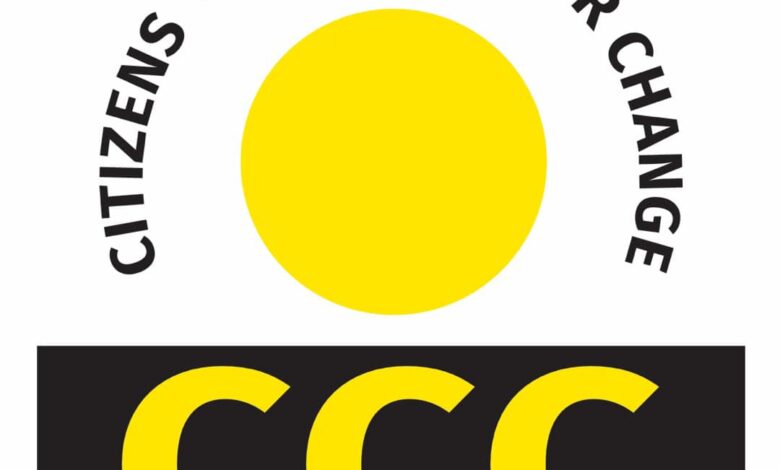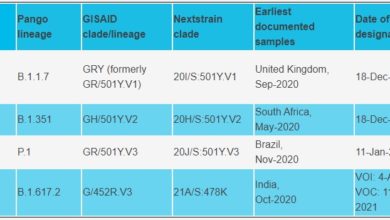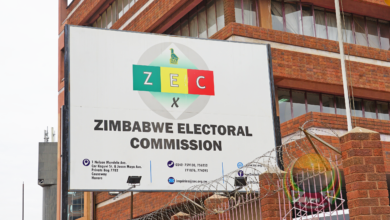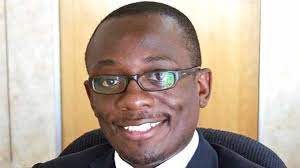Community selection process not meant to disqualify sitting MPs or councillors: CCC

The Citizens Coalition for Change (CCC) claims that its candidate selection criteria is not intended to exclude current Members of Parliament or councillors, but rather to allow citizens to rate their performance.
The opposition party said although it ‘needs new leaders’ it cannot disqualify individuals based on their previous service.
“The quest for new leadership with capacity does not mean there were people without capacity in the current august House and local authorities. There are people who have served well and it is on that basis on which people will make their choices,” said CCC deputy national spokesperson, Gift Ostallos Siziba on Morning Asakhe, a Twitter space show hosted by CITE on Tuesday.
According to Siziba, communities should consider whether their current representative has performed their responsibilities well and then nominate them again.
“At the end of day, it is the people who are going to make a decision to say, ‘this one has been in Parliament and has done well or not, so will not be going back,” he said.
“Whether a sitting MP or councillor goes back will be the collective decision of the community not the party. The party has made this selection decision not to bastardise the current people in parliament or in local authorities to say, ‘if you were an MP or councillor, you are not going back, we need new people, that’s not it.’”
The CCC deputy spokesperson said the goal is for communities to elect representatives based on their track record.
“There will be no hand picking of anyone. Candidates will be selected and elected by ordinary people in the 2 000 wards. The process will begin with nominations by ordinary people, saying so and so can be the MP, so and so can be president,” Siziba said.
“From there, the community proceeds to nominate senators and representatives who will be in the youth quota and those under Proportional Representation. At the end of day, we want something that comes from the people so they can vote if someone comes from them.”
He added that the role of CCC in this instance was to set the parameters or rules but not disqualify individuals on the basis of subjective demands.
“Some have said we cannot have people of this race, we don’t associate that with our values and cannot tolerate those kinds of conversations. So, we have said let people be subjected to communities, let the community look at the template and the template is clear to say look at these qualities in a particular individual,” Siziba said.
Siziba said people can expect the results after three weeks, having done all the necessary vetting and confirmation processes.
“We have confirmed publicly that the process starts at 10am across the country. The venues have been communicated in different provinces. Logistically venues are not coordinated from national offices but done provincially, where identification of venues and police clearance is sought,” he said.
However, most of the selections will be done in private venues, as these are internal processes, Siziba added.
“The venues have been communicated to street point persons and ward coordinators which are basically the technical persons coordinating processes,” he said.
As to whether police may not interrupt the process at the private venues, the CCC official said the party was not obliged by the law to speak to the police.
“Because these are internal processes, they are not covered by the Maintenance of Order and Public Act (MOPA) but where we are doing caucuses in public venues we will be getting police clearance and have been given,” he said.
“We don’t expect the police to disrupt our internal processes but we are conscious our Zanu PF compatriots are trying to disrupt our processes. There’s a limit to this kind of madness and we have set our infrastructure very clearly to make sure our people have the freedom to gather and make political decisions.”






